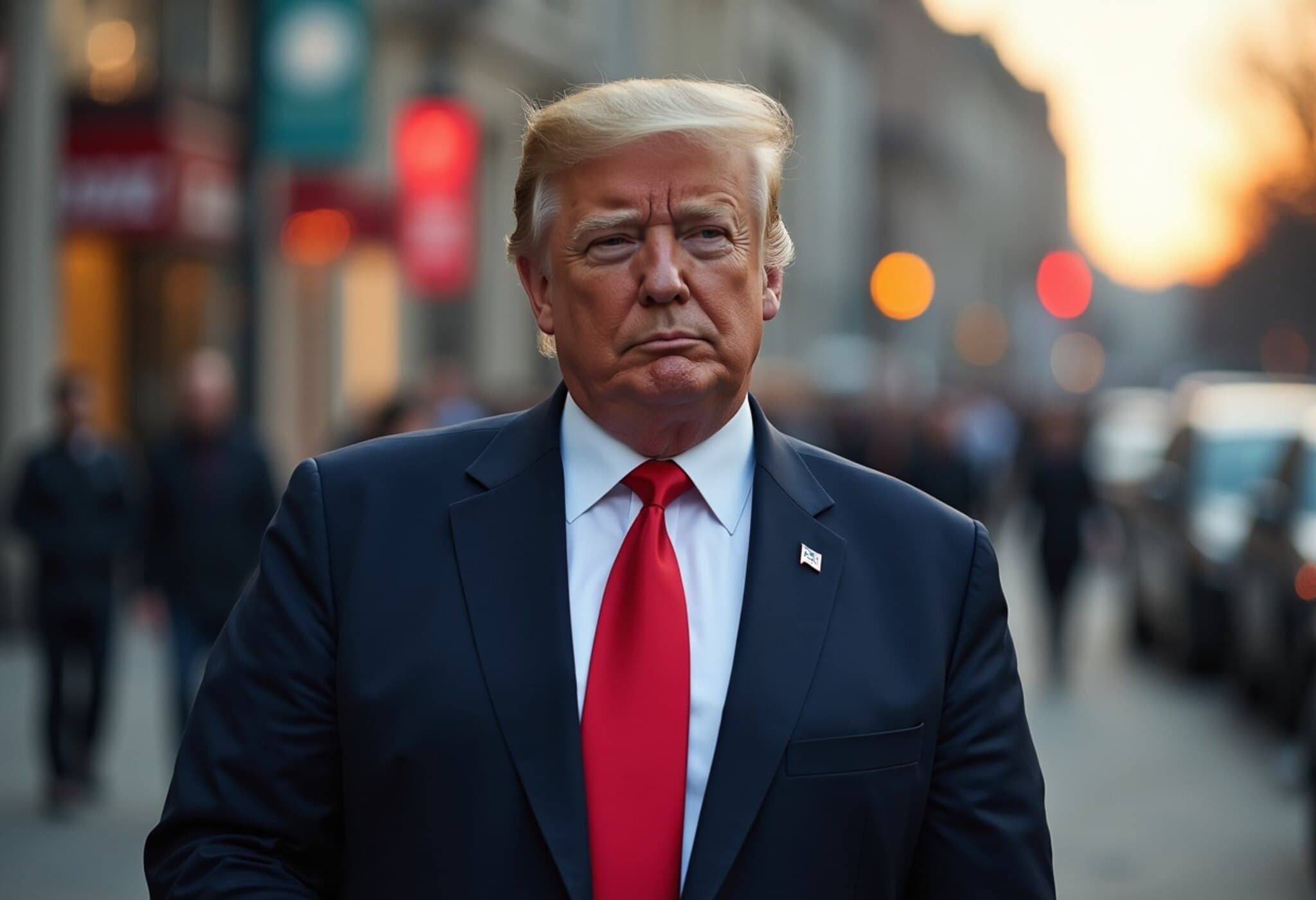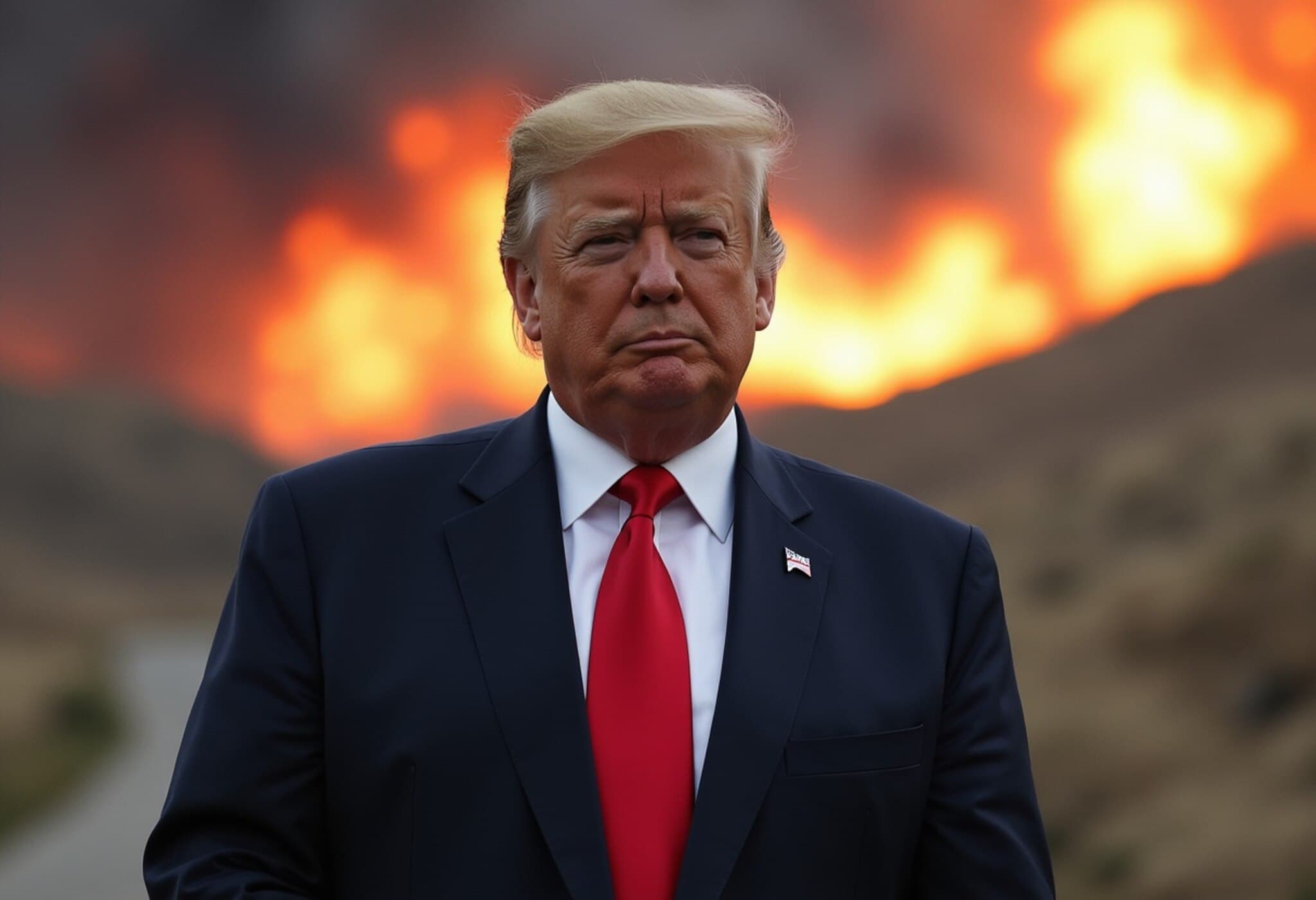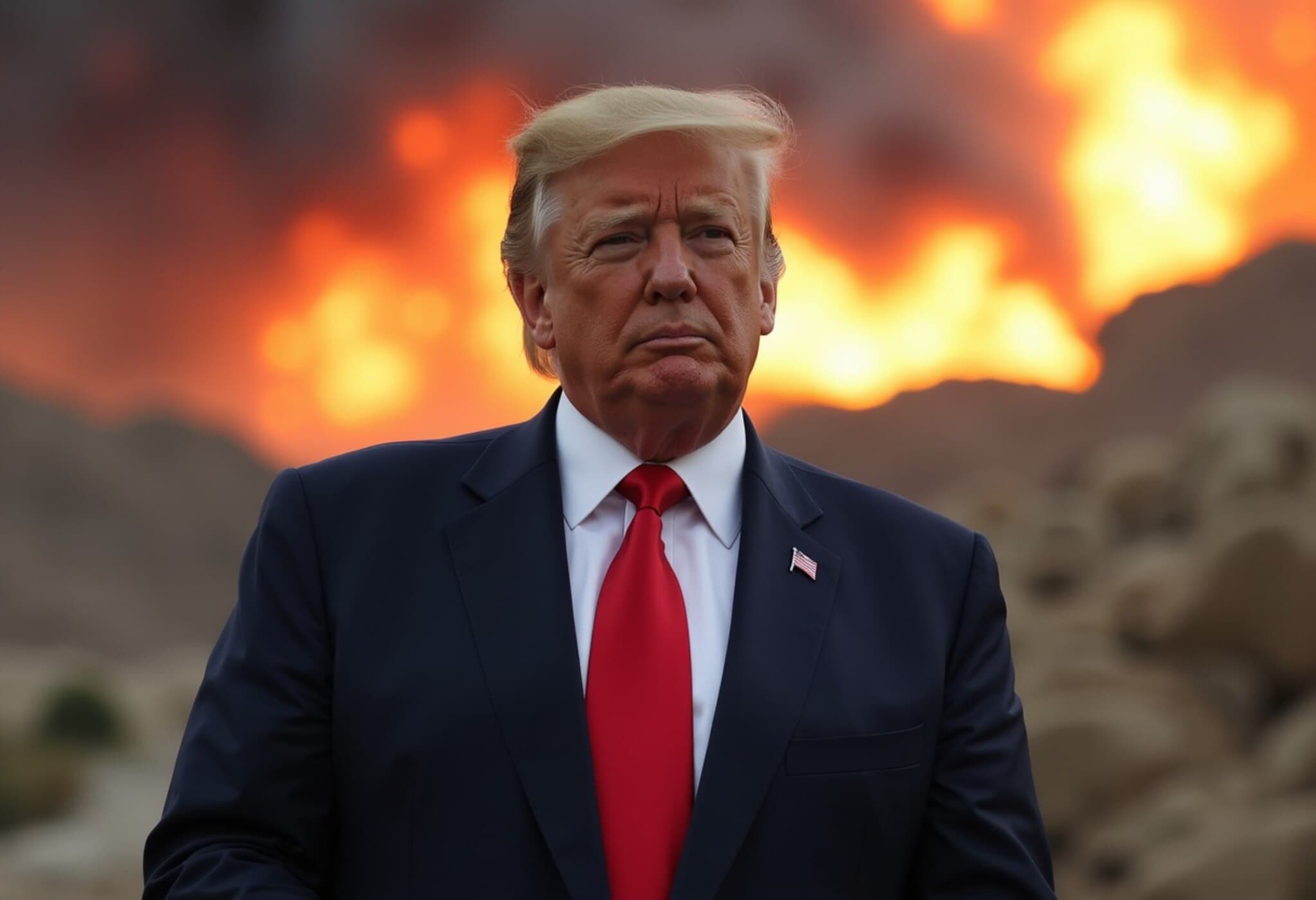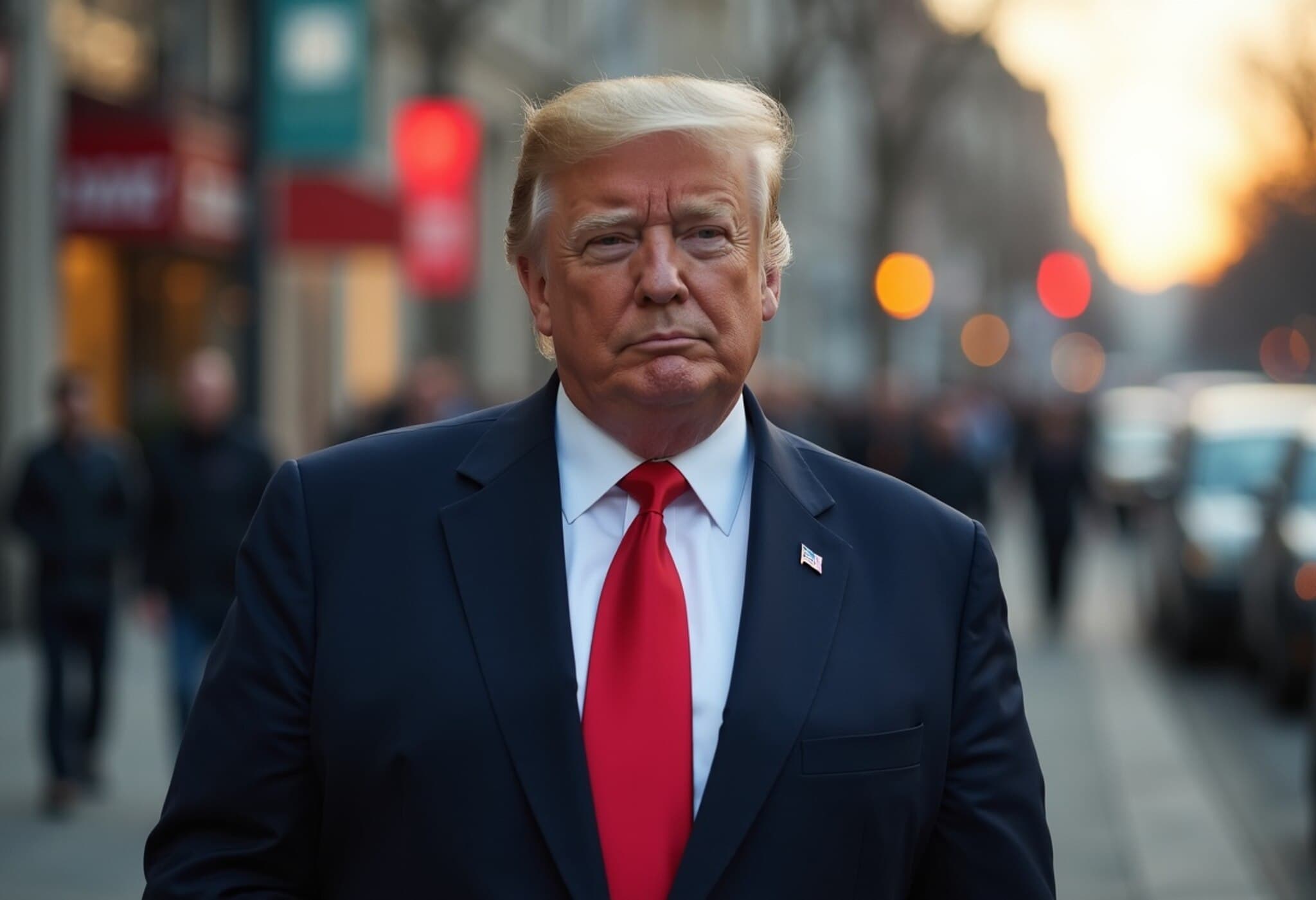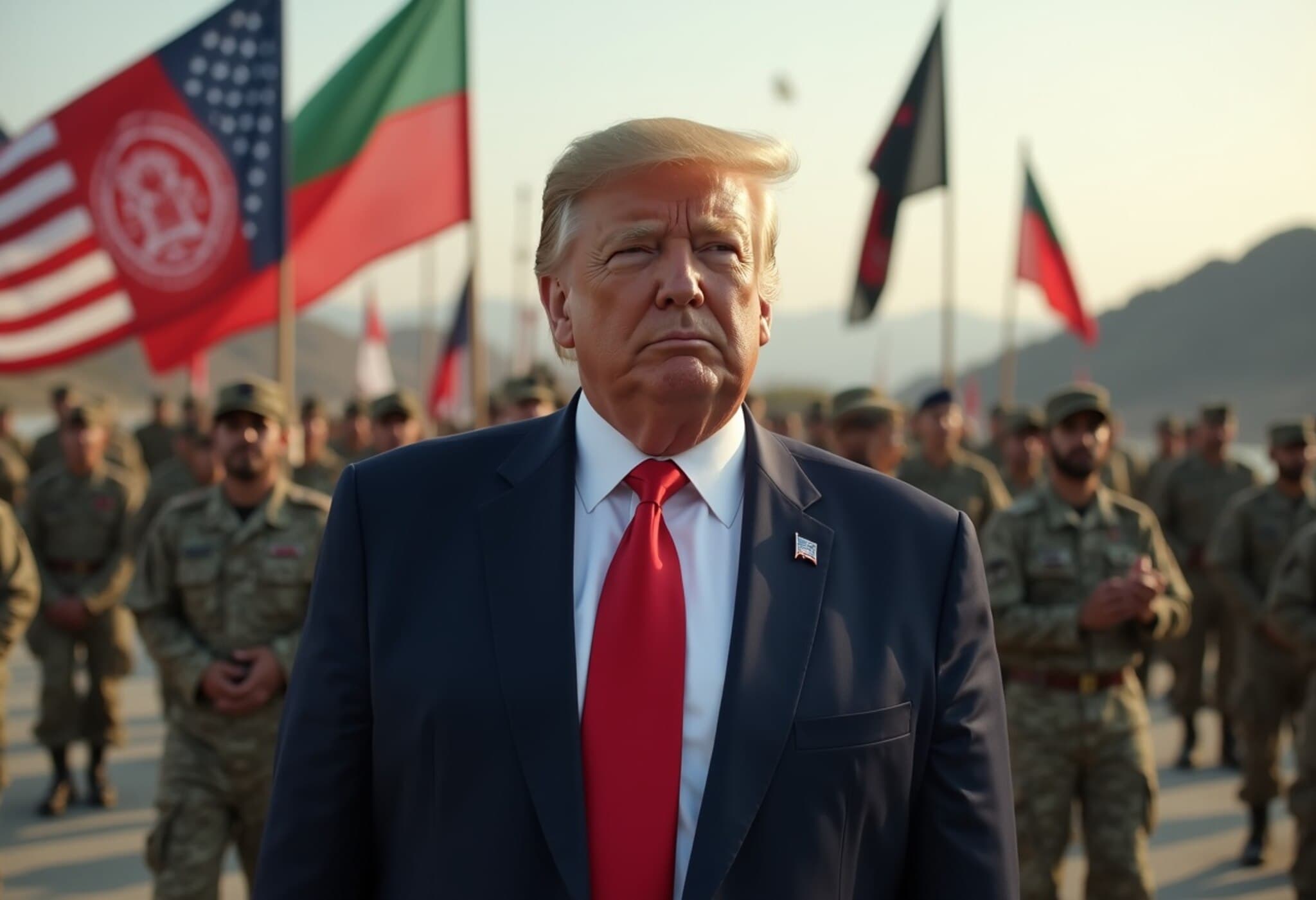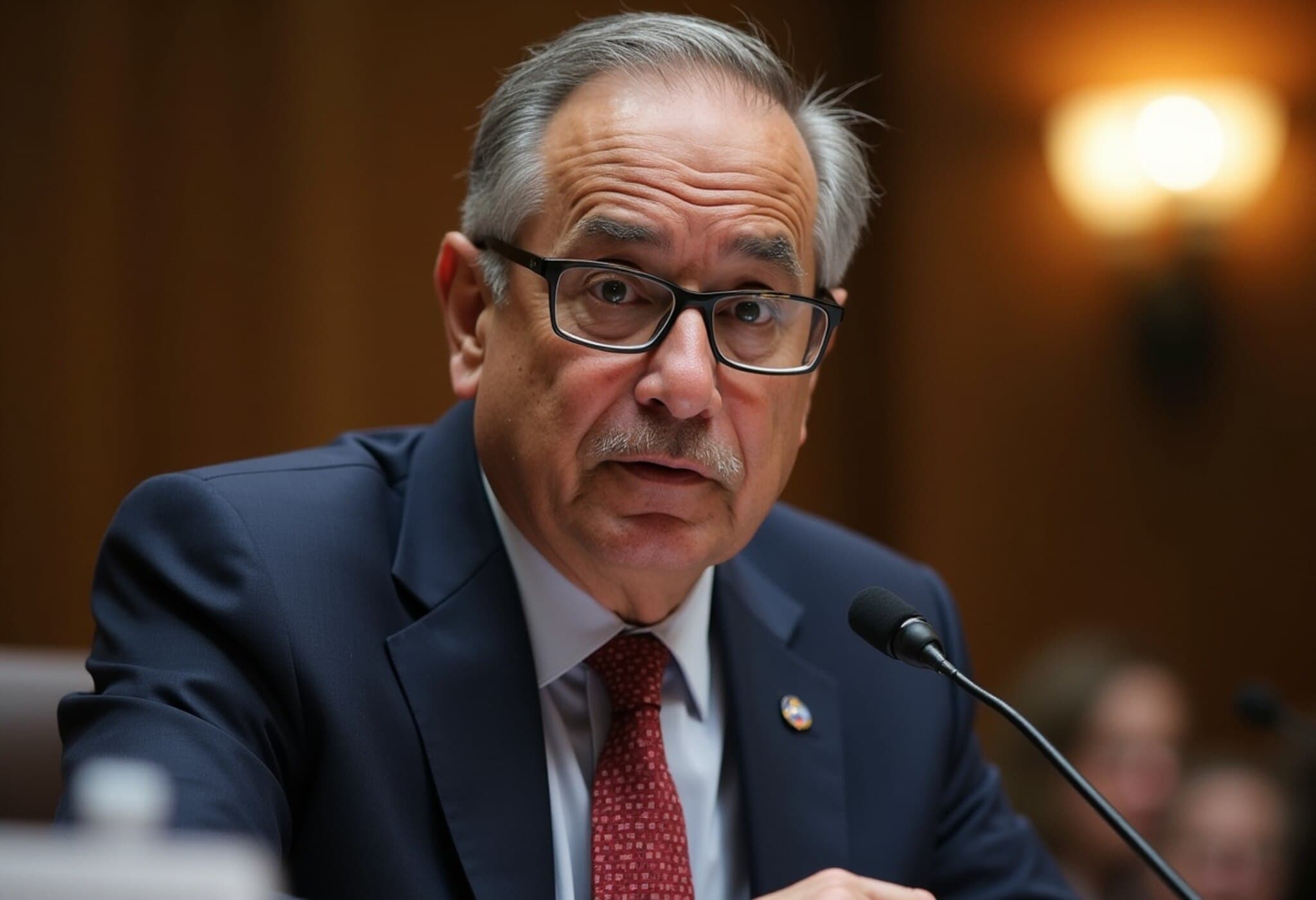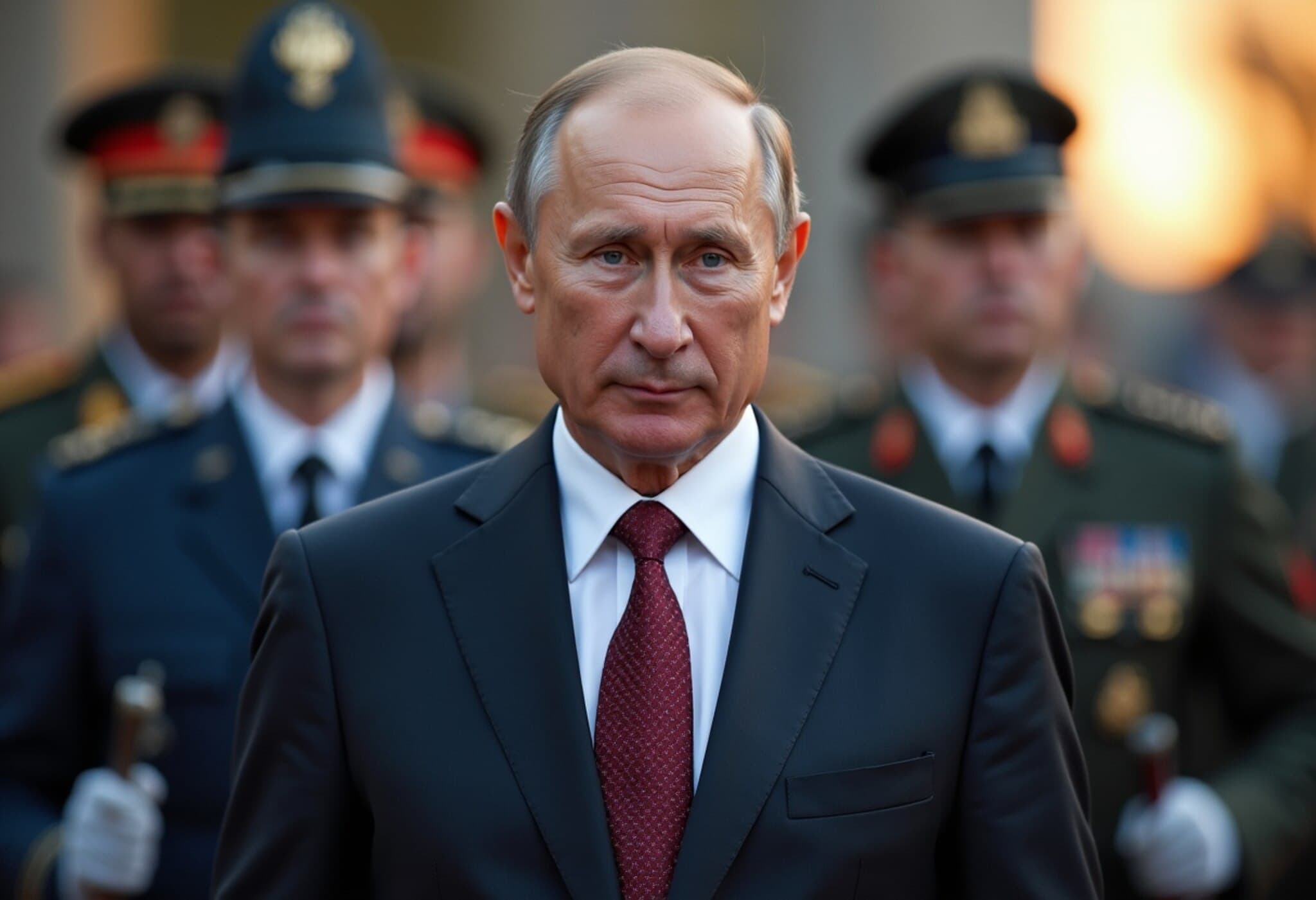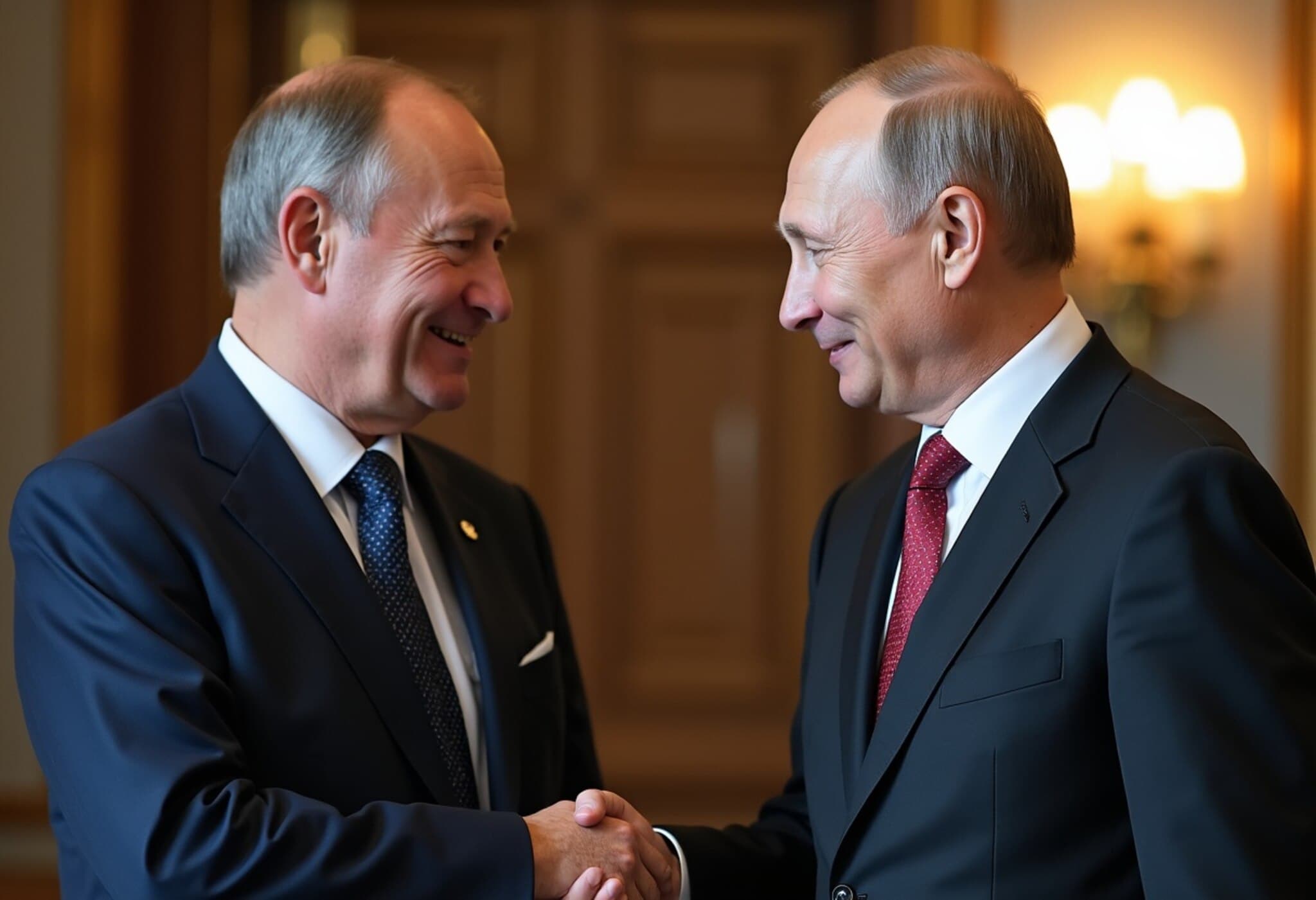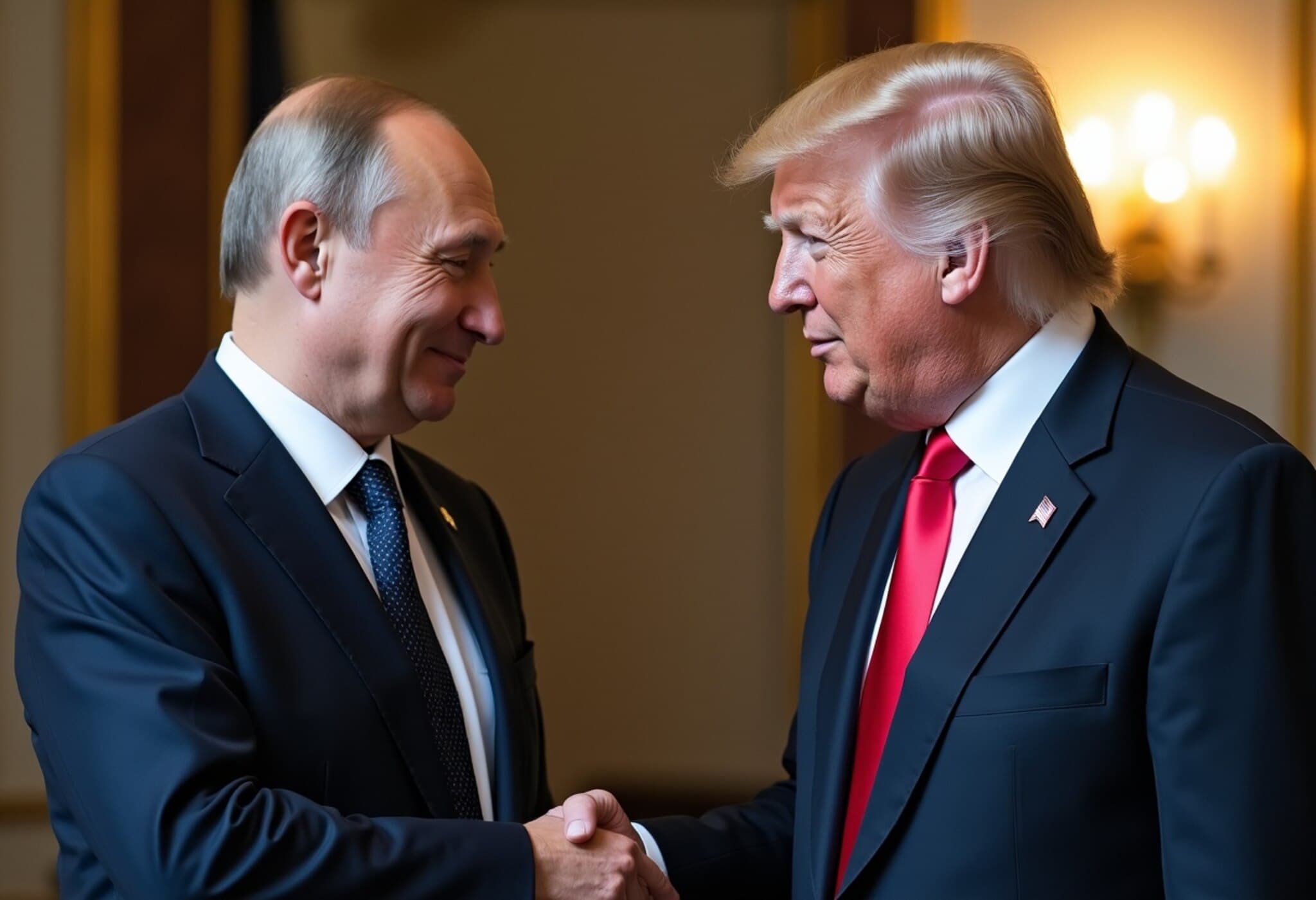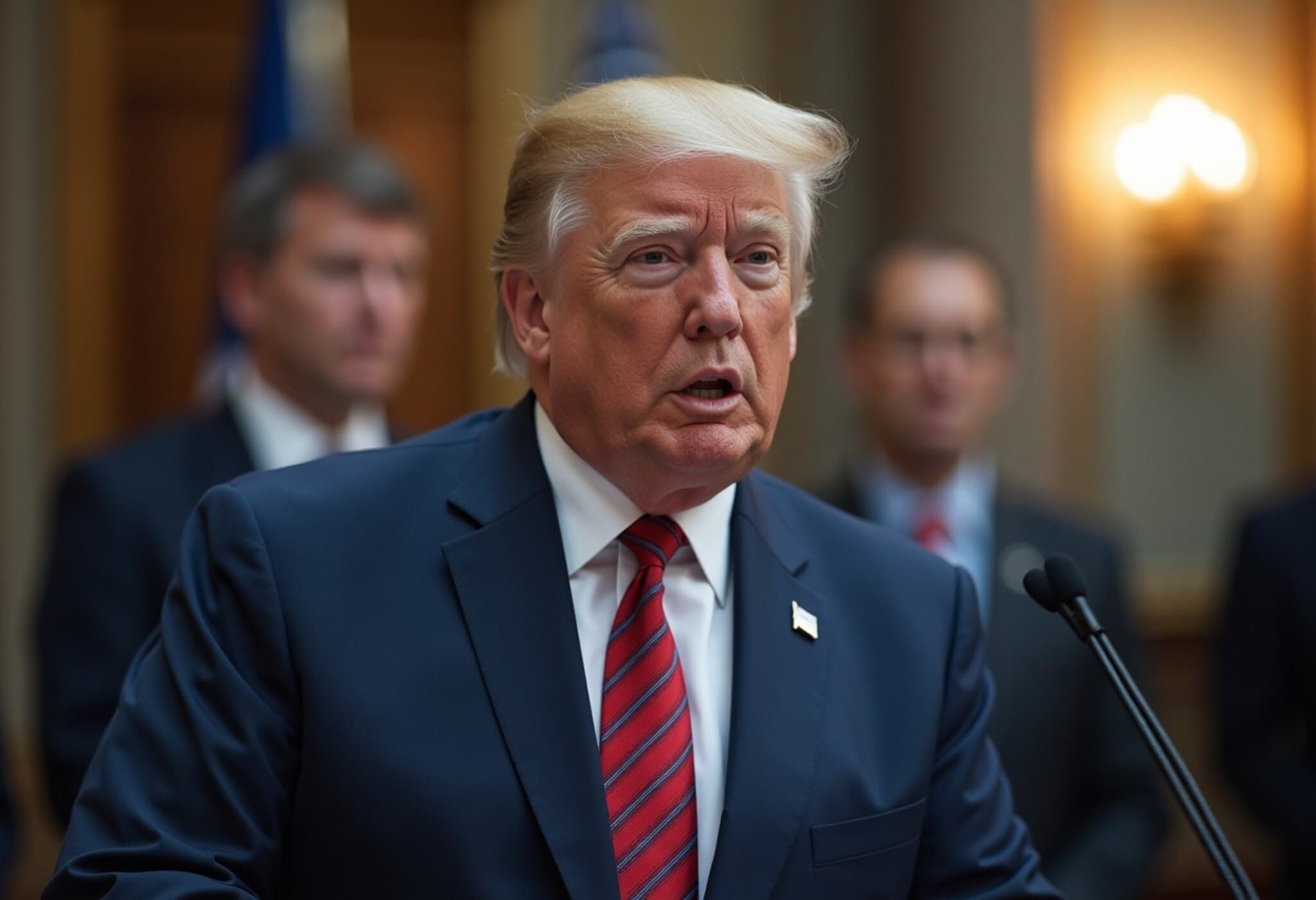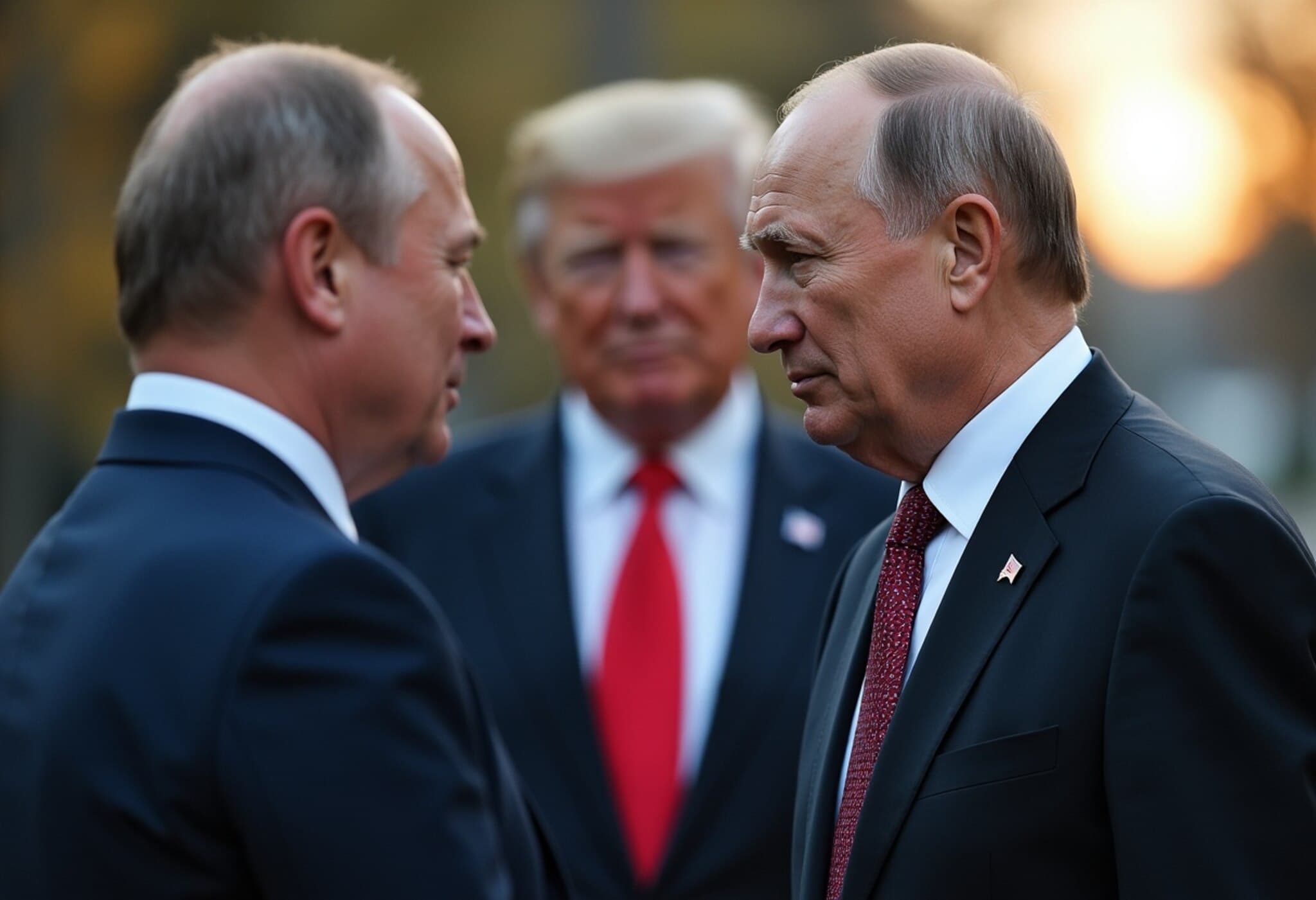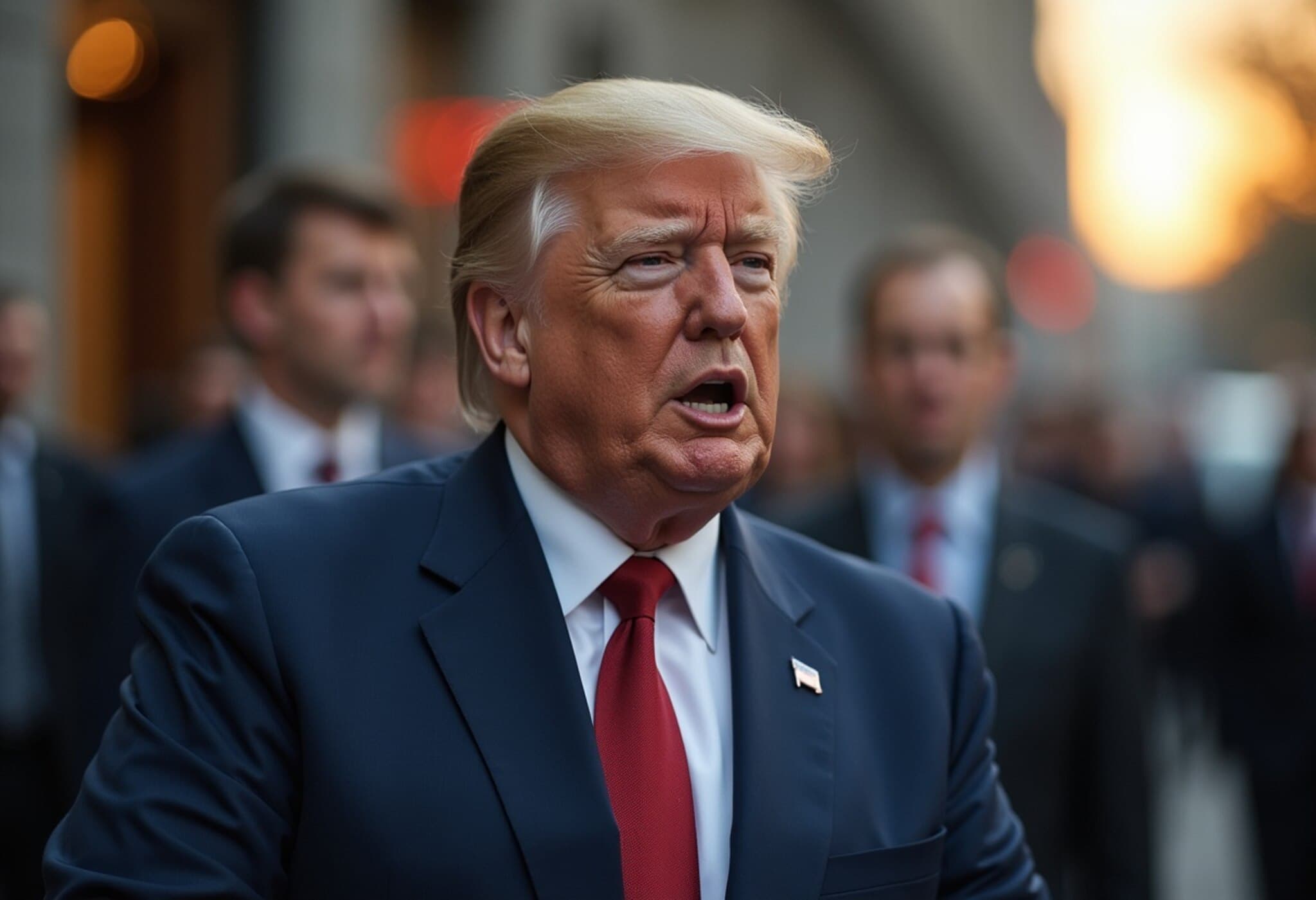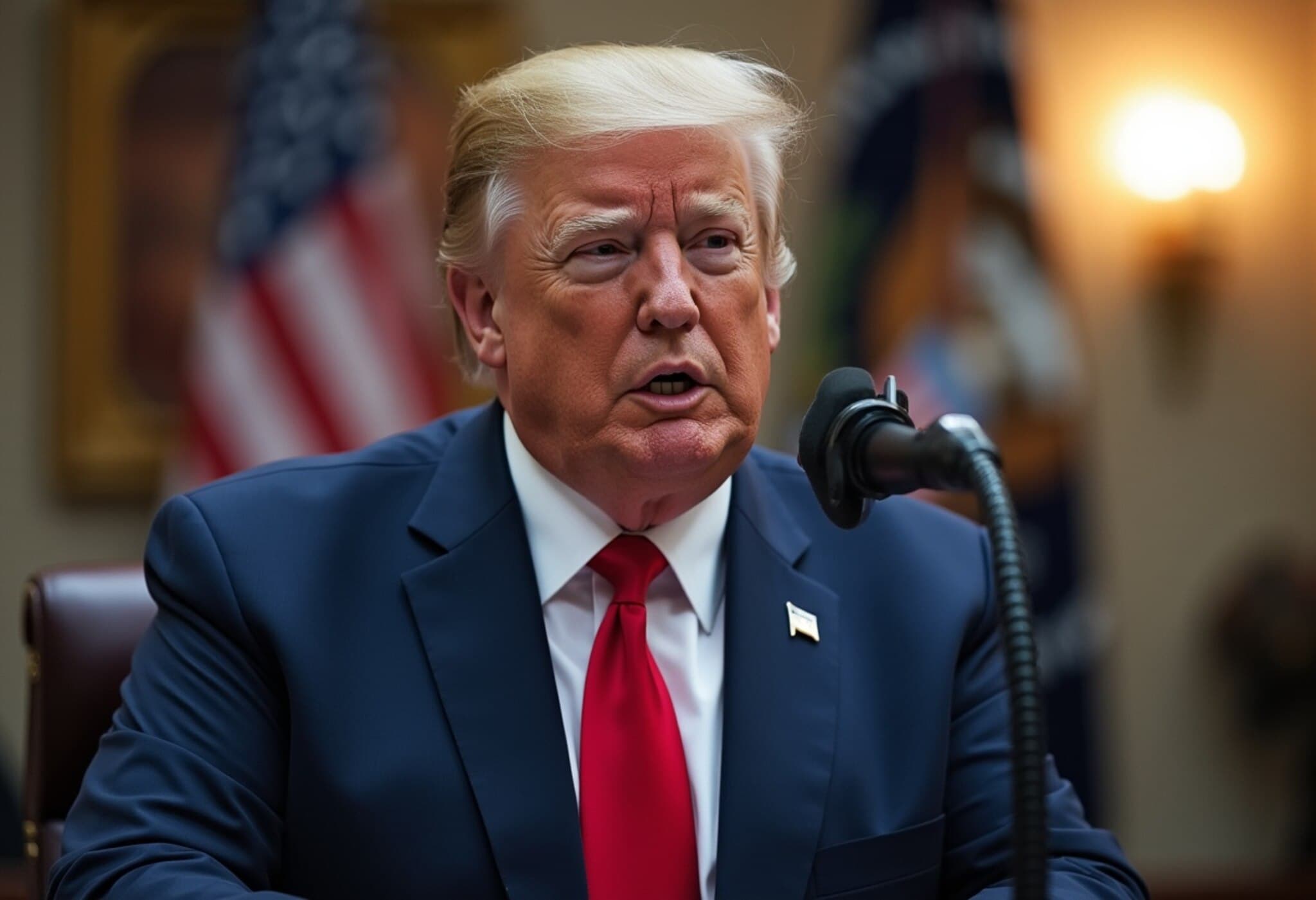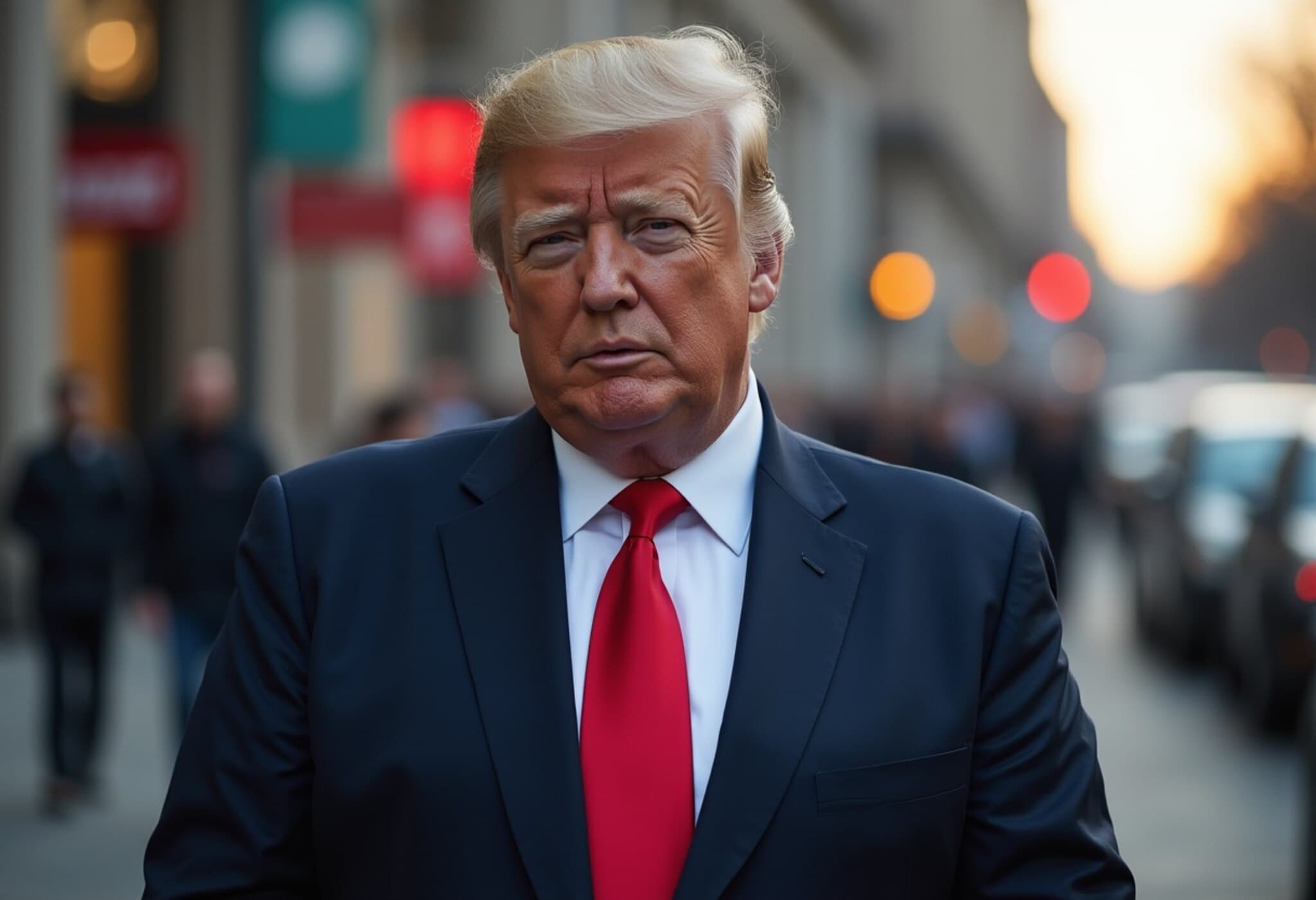Trump Issues Urgent 50-Day Ultimatum to End Ukraine Conflict
In a firm address from the White House on July 14, 2025, U.S. President Donald Trump declared a strict deadline of 50 days for Russia to negotiate a ceasefire in the ongoing Ukraine war, warning that the United States would impose 100% tariffs on Russian goods if an agreement is not reached. Speaking alongside NATO Secretary General Mark Rutte, Trump signaled that these tariffs would be "secondary tariffs," potentially targeting not only Russia itself but also any countries maintaining business relations with Moscow.
Escalation of Economic Pressure: What Are Secondary Tariffs?
Secondary tariffs represent a significant intensification of American economic sanctions. Unlike traditional tariffs targeting a single country’s exports, these measures extend the scope to entities globally that continue commercial ties with the sanctioned nation. This approach can severely disrupt Russia's international commerce and its wider economic ecosystem, echoing past U.S. strategies against nations like Iran and North Korea.
NATO's Strategic Military Support for Ukraine
Trump also pledged that NATO allies would purchase "billions and billions" of dollars worth of U.S. weapons, including the advanced Patriot missile defense systems, to bolster Ukraine’s defensive capabilities. This initiative, which includes commitments from countries such as Germany, Finland, Canada, Norway, Sweden, the UK, and Denmark, reflects a united Western front aiming to pressure Russia into peace.
Mark Rutte emphasized the urgency of swift action, stating, "Speed is of the essence here." By rapidly equipping Ukraine with sophisticated technology, NATO aims to enhance the country’s resilience amidst escalating hostilities.
Europe’s Growing Role and Military Spending Surge
Trump expressed satisfaction with European nations' intentions to increase defense spending, noting several NATO members agree to raise their military budgets to 5% of their GDP. This shift marks a substantial turnaround in European defense policy, illustrating enhanced regional commitment to stability amid what many experts perceive as a historic security threat.
Rutte concurred, noting, "These weapons should make President Putin reconsider peace negotiations." This collective investment signals an acknowledgment that Europe must play a more assertive role in its own security landscape.
Russia Faces Increased Diplomatic and Economic Isolation
Expressing clear disappointment with Vladimir Putin, Trump lamented the contradiction between their congenial personal exchanges and the relentless violence that follows. "Then missiles go off that night," he remarked, underscoring his frustration. The looming threat of expanded tariffs and military aid appears designed to corral Russia back to the negotiating table.
While Senate Republicans are reportedly drafting a sanctions package, Trump intimated he might act independently of Congress, underscoring the executive branch’s readiness to unilaterally escalate economic deterrents.
Ukraine's Stance and Expectations for U.S. Leadership
In Kyiv, Trump’s special envoy engaged in constructive talks with President Volodymyr Zelenskyy about enhancing Ukraine’s air defense and joint arms production. Zelenskyy voiced cautious optimism, asserting, "We hope for the leadership of the United States, because it is clear that Moscow will not stop unless its ambitions are stopped by force." This candid perspective highlights Ukraine’s reliance on sustained Western backing amid an unpredictable conflict.
Upcoming Diplomatic and Defense Developments
- German Defence Minister Boris Pistorius is scheduled to meet U.S. Defense Secretary Pete Hegseth imminently to expedite the transfer of Patriot missile systems to Ukraine.
- European trade ministers are convening to deliberate the implications of Trump’s broader tariff strategy, including the previously announced 30% tariffs on European Union goods effective August 1.
- European Commission President Ursula von der Leyen has expressed a preference for dialogue, urging ongoing talks with the U.S. to forestall trade escalations.
Expert Insight: Balancing Sanctions with Diplomatic Risk
From a policy analysis perspective, Trump's aggressive timeline and tariff threats represent a high-stakes gamble. Secondary tariffs, while powerful, risk alienating key U.S. allies and complicating transatlantic economic relations amid already strained ties due to ongoing trade disputes.
Moreover, this approach tests the limits of international cooperation, forcing European nations to weigh the economic fallout of punitive measures against the moral imperative to support Ukraine’s sovereignty. The success of this strategy depends heavily on cohesive allied action and a calibrated blend of economic pressure and diplomatic engagement.
What Lies Ahead: Navigating Fragile Peace Prospects
The coming weeks are pivotal. Should Russia reject the deadline, the U.S. is poised to apply its harshest economic sanctions yet, potentially reshaping the global trade environment and intensifying geopolitical tensions. Conversely, a negotiated settlement under this timeline could offer a pathway out of the prolonged conflict, preserving lives and regional stability.
Key Questions Moving Forward
- Will secondary tariffs successfully compel Russia and its partners to cease hostilities without provoking broader economic backlash?
- How will NATO and European countries balance military support for Ukraine with the risks of escalating the war?
- Can diplomatic channels remain open amid mounting sanctions and military aid?
Editor’s Note:
President Trump’s 50-day ultimatum underscores the growing impatience within the U.S. administration toward Russia’s actions in Ukraine. While the strategy merges economic coercion with robust military assistance, it opens a complex chapter in transatlantic relations. With global markets and geopolitical balances in flux, stakeholders must watch closely how this tightrope walk between pressure and diplomacy unfolds. Readers should remain attentive to shifts in European unity and possible repercussions on global trade networks as the deadline approaches.

